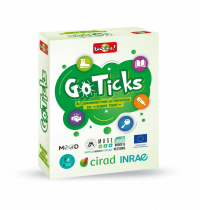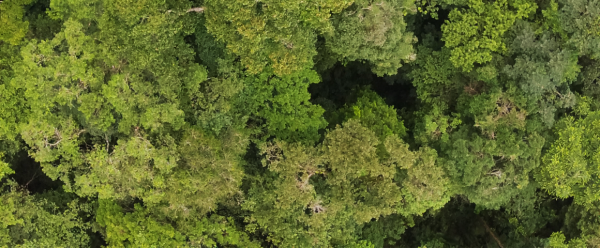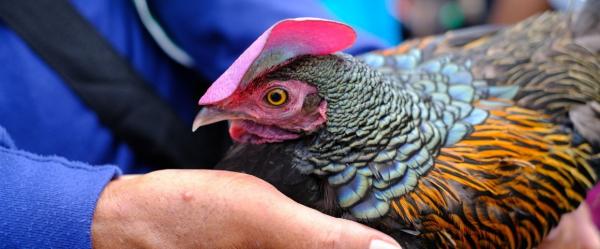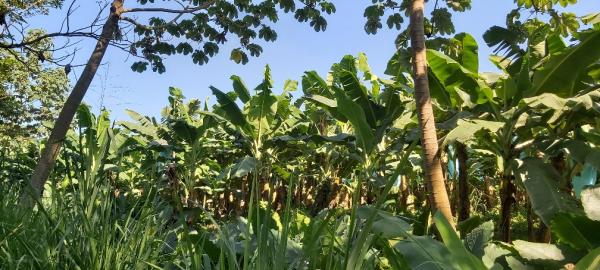Science at work 21 February 2024
- Home
- Press area
- Press releases
- More efficient tick control management in Occitanie
Participatory science: more efficient tick control management in Occitanie
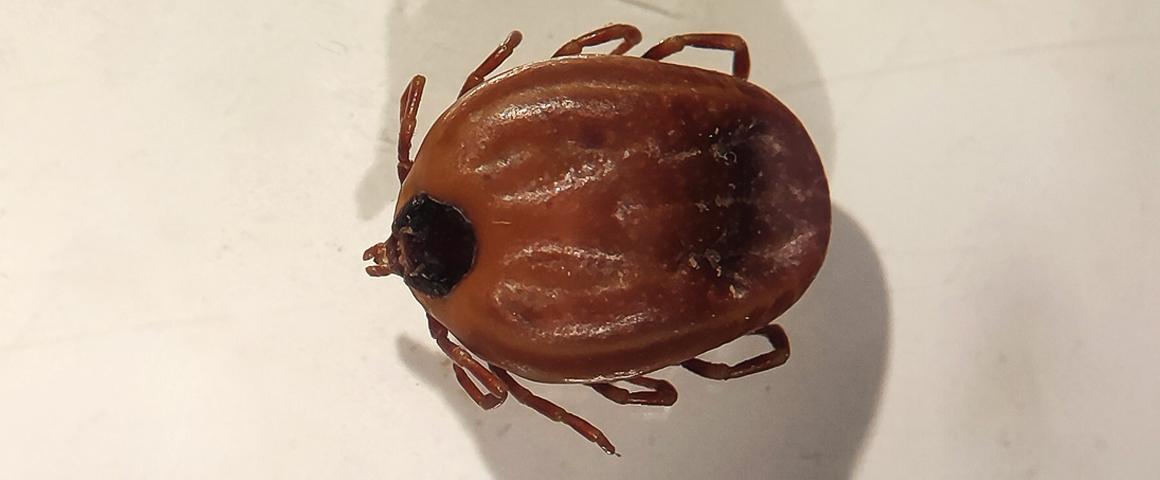
© M. Gatius, CIRAD
In France and elsewhere, tick-borne diseases (TBDs) pose serious risks for both human and animal health. In terms of livestock, ticks bite all kinds of animals. It is therefore crucial to manage population levels, to stop TBDs emerging or spreading. Among other things, this means collective monitoring and transdisciplinary collaboration, including grassroots players.
The Occitanie region and its pioneering exploratory study of ticks
Occitanie is the leading sheep farming region in France, accounting for some 70% of the country's sheep's milk production, and produces the famous Roquefort cheese. It was the region chosen by a scientific team coordinated by CIRAD and involving INRAE and the University of Montpellier for an exploratory study of the preconditions for collective tick risk management. Several tick species are found in the region.
Those species include Ixodes ricinus, the species that carries the Borrelia burgdorferi sensu lato bacterium responsible for Lyme disease, which it can transmit to both humans and certain animals, such as dogs and horses. It is primarily found in the West and North of the region, is restricted to temperate climates, and requires high humidity and high levels of vegetation.
The tick species Hyalomma marginatum, for its part, which recently became established across the French Mediterranean, poses a health risk for humans, since it is known to pass on Crimean-Congo haemorrhagic fever. The species is established in the South and East of the region, does not spread beyond open, dry areas, and is thus more or less restricted to dry, sparse scrublands (garrigue).
"Other tick species, including those of the genus Dermacentor, which are also common in Occitanie, are likely to transmit parasites like Theileria equi and Babesia caballi, which cause piroplasmosis in horses, the acute form of which is sometimes fatal", say Laurence Vial and Thomas Pollet, epidemiology researchers at CIRAD and INRAE respectively.
Mobilizing local players to tackle tick-borne diseases
An interdisciplinary research team comprising tick specialists, microbiologists, epidemiologists, agronomists and social scientists has been working since 2017 with local players in Occitanie: health protection groups (GDSs), veterinary technical groups (GTVs), departmental analysis laboratories (LDAs) and farmers, departmental hunting federations (FDCs), the regional health authority (ARS), the GRAINE Occitanie association , which promotes and supports educational programmes on environmental and sustainable development issues, the CiTique participatory research programme, and various communities of communes.
"To work together better, our first aim was to build a shared vision of tick-borne diseases", Aurélie Binot, anthropology and agronomy researcher at CIRAD and Deputy Director of the Maison des sciences et de l’Homme SUD, explains. "Our first step was to conduct a survey to understand how each player saw the risks relating to ticks. We then organized multi-player participatory workshops to establish a shared understanding of those risks, identified socioecological risk indicators and worked together to draft risk detection, prevention and management strategies."
Applying the One Health approach to tick research, monitoring and collective management
For Aurélie Binot, co-author of the article, "managing the risks linked to ticks collectively is an opportunity to roll out the One Health approach in an entirely territory-based way".
The principle behind the One Health approach is to consider the fact that human, animal and environmental health is interdependent. It is this approach that will now guide tick-borne disease research, monitoring and control, as part of a collective risk management strategy, based on the results of this exploratory study.
Reference
A social-ecological systems approach to tick bite and tick-borne disease risk management: Exploring collective action in the Occitanie region in southern France. Zortman Iyonna, De Garine-Wichatitsky Michel, Arsevska Elena, Dub Timothee, Van Bortel Wim, Lefrançois Estelle, Vial Laurence, Pollet Thomas, Binot Aurélie. 2023. One Health, 17:100630, 9 p.
The serious game GoTicks! a tool for better tick risk management
Go Ticks is a card game designed to encourage dialogue between professionals and the general public on tick risk management. Part of a One Health approach, it aims to promote knowledge sharing between individuals and organizations in the public health, animal health and environmental health sectors, directly or indirectly concerned by tick-related risks. These players may be involved in intervention strategies concerning risk detection, prevention and management. Since 2021, several prototypes of the game have been created and field-tested in rural areas impacted by tick risk. The final version of the game has just been published (edited by Bioviva, but not for sale).
























.jpg)
